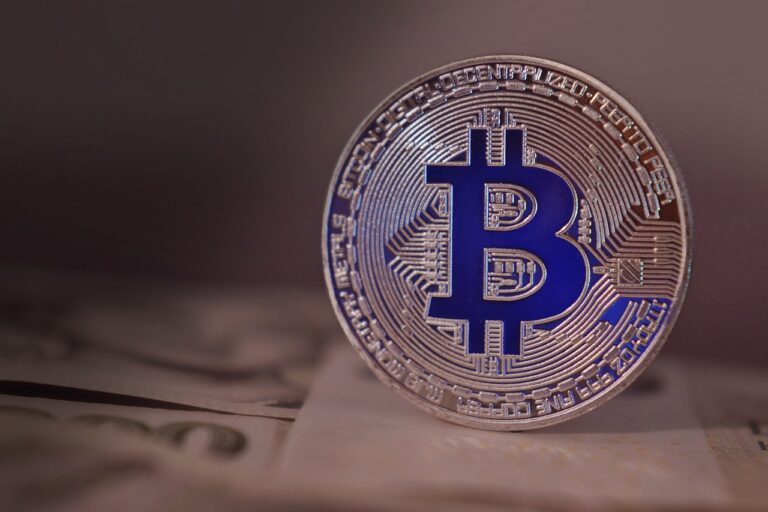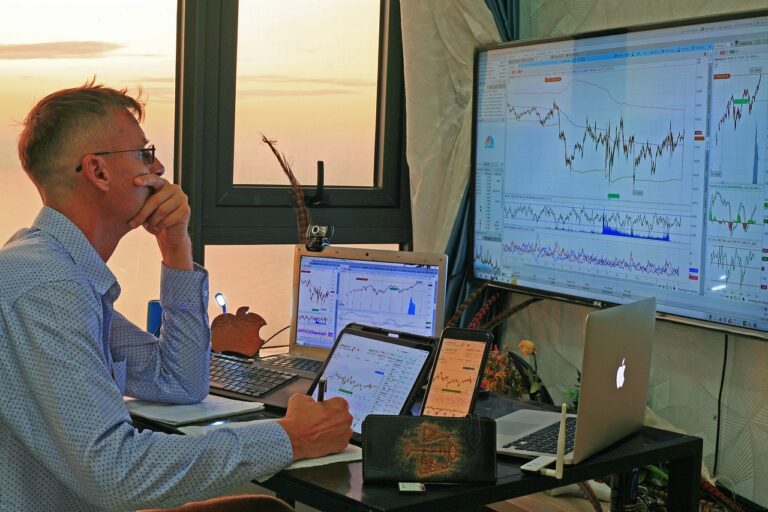Exploring Quantum Computing’s Role in Remote Space Exploration Efforts
Quantum computing is a cutting-edge technology that leverages the principles of quantum mechanics to perform computations at an exponentially faster rate than classical computers. Unlike classical bits, which can only exist in a state of 0 or 1, quantum bits, or qubits, have the unique ability to exist in superposition, enabling them to represent both 0 and 1 simultaneously. This superposition property, combined with entanglement and quantum tunneling, allows quantum computers to solve complex problems in a fraction of the time it would take traditional computers.
One of the most promising applications of quantum computing lies in the field of cryptography, where it has the potential to revolutionize data security by developing unbreakable encryption methods. Quantum computers also hold great promise in optimization problems, drug discovery, weather forecasting, and artificial intelligence. As researchers continue to make strides in developing quantum algorithms and building more powerful quantum hardware, the capabilities of quantum computing are expected to expand exponentially, paving the way for a new era of innovation and discovery.
Current Challenges in Remote Space Exploration
Remote space exploration poses a myriad of challenges that must be tackled to further our understanding of the universe. One of the primary obstacles is the vast distances involved in space travel, making communication slower and resource management more complex. This results in delayed data transmission, hindering real-time decision-making and control over missions.
Additionally, the harsh environmental conditions of space, such as extreme temperatures and radiation exposure, present significant challenges for both human and robotic exploration missions. These conditions can impact the functionality of spacecraft and equipment, leading to potential malfunctions or failures during critical operations. Developing advanced technologies and strategies to overcome these challenges is crucial for the success of future space exploration endeavors.
• Vast distances in space travel make communication slower and resource management more complex
• Delayed data transmission hinders real-time decision-making and mission control
• Harsh environmental conditions like extreme temperatures and radiation exposure challenge human and robotic exploration missions
• Impact on spacecraft functionality can lead to malfunctions or failures during critical operations
• Developing advanced technologies is crucial to overcome these challenges for future space exploration success
Benefits of Quantum Computing in Space Exploration
Quantum computing presents a revolutionary opportunity for space exploration by significantly enhancing the computational power available to tackle complex problems at a cosmic scale. With the ability to process vast amounts of information simultaneously, quantum computers can analyze intricate space data rapidly, allowing for quicker decision-making processes in navigating space missions. This accelerated computational capacity is crucial in optimizing spacecraft trajectories, predicting celestial phenomena, and managing communication networks with Earth.
Moreover, the advancements in quantum computing offer a promising prospect for developing advanced artificial intelligence algorithms that can autonomously navigate spaceships, probe planetary surfaces, and conduct extraterrestrial research. By integrating quantum computing capabilities into space missions, scientists can foresee a future where autonomous spacecraft can adapt to changing environments in real-time, respond to unforeseen challenges, and conduct sophisticated experiments independently. This symbiosis between quantum computing and space exploration heralds a new era of innovation and discovery in unlocking the mysteries of the cosmos.
What is quantum computing?
Quantum computing is a type of computing that uses quantum-mechanical phenomena, such as superposition and entanglement, to perform operations on data.
How can quantum computing benefit space exploration?
Quantum computing can help overcome the challenges of remote space exploration by enabling faster data processing, improved machine learning algorithms, and enhanced encryption techniques.
What are some current challenges in remote space exploration?
Current challenges in remote space exploration include long communication delays, limited bandwidth for transmitting data, and the need for advanced computing power to analyze vast amounts of data.
How can quantum computing improve data processing in space exploration?
Quantum computing can process vast amounts of data at much faster speeds than classical computers, allowing for real-time analysis of complex data sets collected from space missions.
Can quantum computing enhance machine learning algorithms for space exploration?
Yes, quantum computing can improve machine learning algorithms by enabling faster optimization and more accurate predictions based on data collected from space missions.
How can quantum computing enhance encryption techniques for secure communication in space exploration?
Quantum computing can strengthen encryption techniques by leveraging quantum key distribution and other quantum cryptographic protocols to ensure secure communication between spacecraft and ground stations during space missions.







